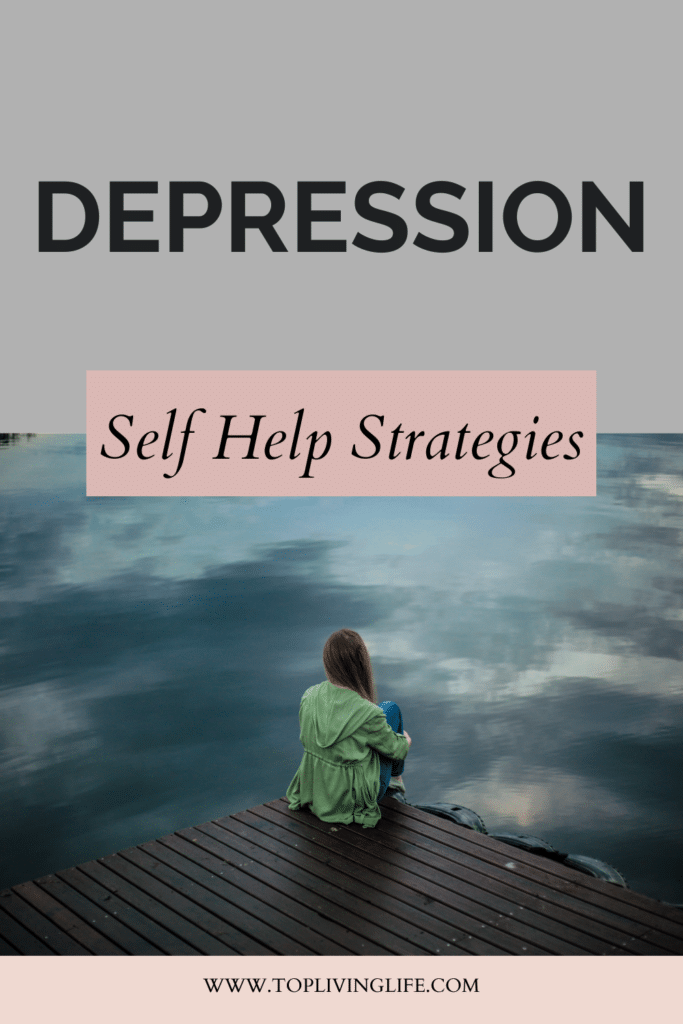Depression is a common mental health problem that affects about 5% of adults in the United States each year. The symptoms of depression include feeling sad, anxious, guilty, worthless, tired, restless, agitated, angry, lonely, confused, depressed, and having no interest in anything. These symptoms may last for weeks, months, or even longer. They may come and go, or stay constant. It affects people of all ages and backgrounds, although it is most common among young adults and older adults. People who suffer from depression may have trouble sleeping, eating, concentrating, making decisions, and enjoying activities they used to enjoy. Some people with depression may experience suicidal thoughts.
The first step towards recovery is to admit that you need help. You may think that you are fine, but if you are feeling down, depressed, or anxious, there is no shame in seeking professional help. There are many ways to get help. Some people find it helpful to talk to family members, friends, or a counselor. Others prefer to speak to a doctor about their symptoms. Still, others find it helpful to join a support group where they can share experiences and learn coping skills.
Common symptoms of depression are:
- An unshakeable sadness, anxiety, or emptiness.
- Overwhelming hopelessness is accompanied by pessimistic feelings.
- Extreme guilt, feelings of helplessness, and no sense of self-worth.
- Loss of energy, a slowing down of metabolism, and activity levels. Being plagued by constant fatigue.
- A sense of helplessness along with an increasing inability to focus and indecisiveness.
- Loss of sound sleep and development of extreme insomnia.
- Inexplicable weight loss or weight gain. Triggered by loss of appetite or eating binges.
- Brooding and suicidal inclinations.
- Irritability, short temper, as well as restlessness.
- Physical afflictions like headaches, digestive disorders, and chronic pain for no particular reason.
“It’s so difficult to describe depression to someone who’s never been there, because it’s not sadness. I know sadness. Sadness is to cry and to feel. But it’s that cold absence of feeling—that really hollowed-out feeling.” —J.K. Rowling
PIN IT AND SAVE IT FOR LATER:

15 Self-Help Strategies that can help you manage your depression:
- Take matters in hand and try and erase negativity from your mind.
- Cut out from your life terms like exhaustion, worthlessness, and hopelessness.
- Stay active.
- Change your life by setting yourself a few goals.
- Try and relax, meditate, and enjoy music. Start new activities that absorb your time as well as interests.
- Go out and meet people and participate in group activities.
- Avoid the company of negative people.
- Enjoy a movie, an entertainment show, a ball game, a family outing, or a picnic.
- Be positive, self-confident, and have faith in yourself. Faith is itself a great healer.
- Avoid using alcohol and drugs.
- Decide to change your life for the better.
- Learn something new. Developing new skills and accomplishing things can lift your mood. Thus, being involved in doing something new, you will have captured attention to this and you will no longer have negative thoughts.
- Join a support group. It can be helpful to talk to people who have had a similar experience. It will be easier to say what’s in your heart.
- Get out as much as possible. When you interact with nature, including pets, plants, gardens and parks, it reduces stress and stimulates your mood. Sunlight helps you adjust your mood. Ventilate several times a day room/house/office in that state, to freshen up the place with fresh air. You can also try a few minutes outside in the fresh air or go for a short walk.
- Practice relaxation because it is great for reducing stress.
“When you’re depressed you don’t control your thoughts, your thoughts control you. I wish people would understand this.”
There are many self-help courses available today. Try running a search on personal development or something similar and you will find many, many sites offering help and assistance much of which is free of charge.
There are also sites offering self-awareness questionnaires that are designed to help you focus on any deep-seated negatives which may be holding you back from achieving your life dreams.
However, do follow the doctor’s advice. Treatment can include anti-depressant medicines, psychotherapy, as well as lifestyle changes. In extreme cases, electroconvulsive therapy or light therapy is prescribed. If your depression escalates or you are suicidal seek help from your family physician or health care provider. Do call a local health department, a community mental health center, or hospital, or a clinic. Someone will extend a helping hand and talk you through the crisis.
RELATED: Depression Quotes | Inspirational Sayings on Feeling Down
Self-help for depression is all that it means to take the first step to control your thoughts and future work.
Decide today to take your life and live it the way you want and not the way others would like you to live it.
Whatever you do, do it for yourself!
“Give yourself another day, another chance. You will find your courage eventually. Don’t give up on yourself just yet.”
RELATED:
50 Affirmations for Healing Depression
Depression Quotes | Inspirational Sayings on Feeling Down
PIN IT FOR LATER:



